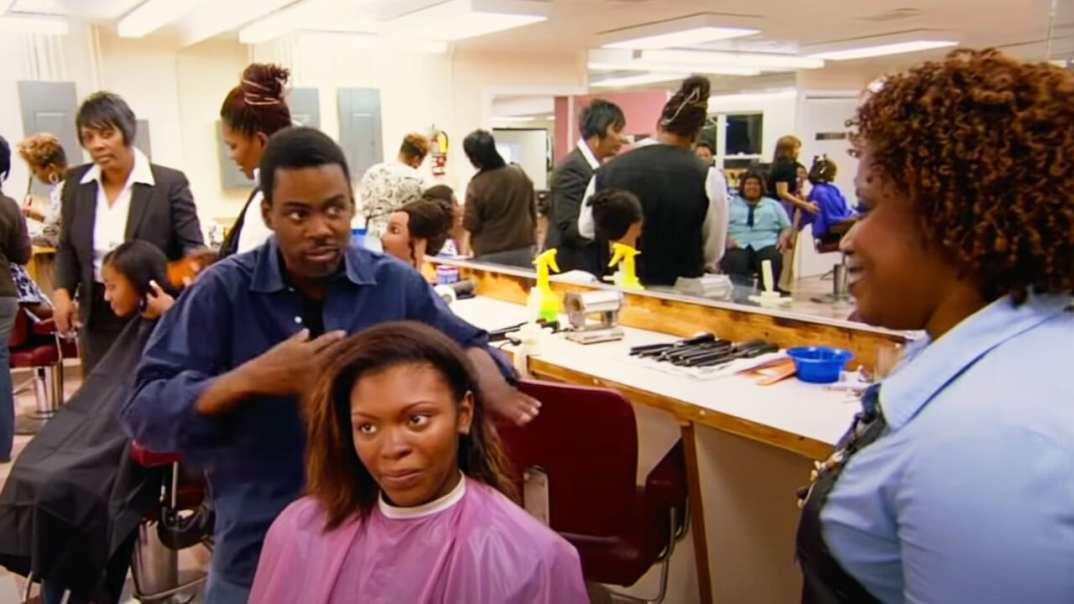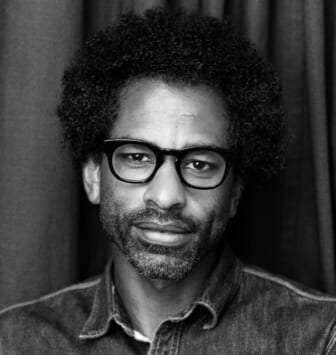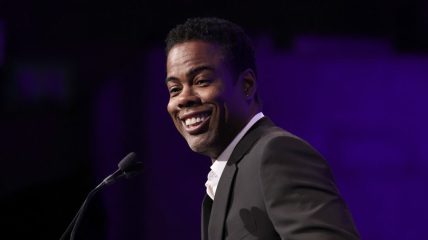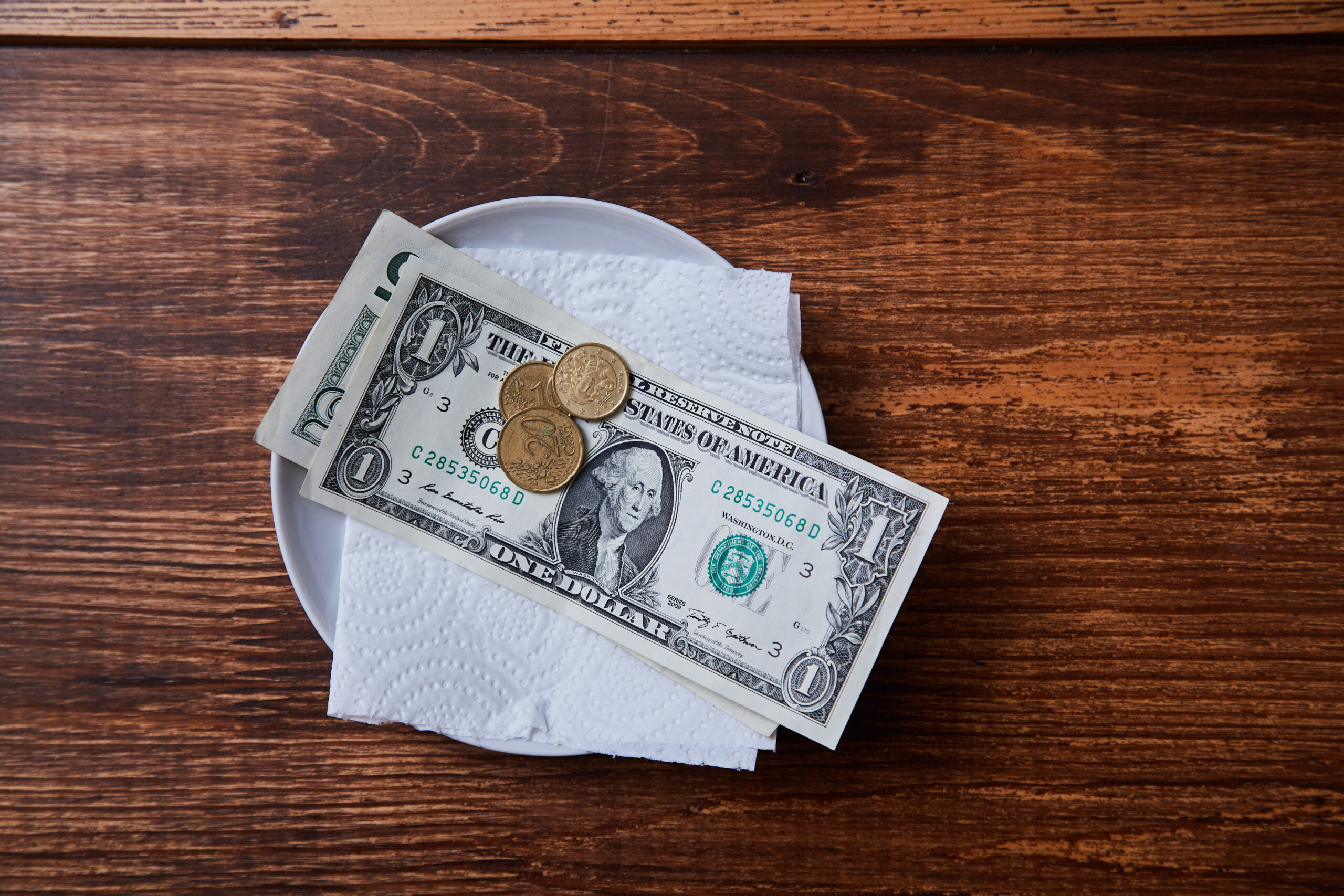‘Good Hair’ grows better with age
OPINION: Chris Rock’s 2009 documentary about Black women and the lengths they go through dealing with their hair remains relevant to this day.

Editor’s note: The following article is an op-ed, and the views expressed are the author’s own. Read more opinions on theGrio.
Watch “Good Hair” free on-demand on theGrio’s streaming app. Download it here.
Chris Rock’s documentary Good Hair is over a decade old, but it’s still a fascinating look at a complex aspect of Blackness. It’s also one of the most important films in Rock’s long career. The film fits his style of dealing with sensitive topics in an honest and funny way.
Good Hair tackles head-on the issue of how Black women’s hair choices are often shaped by Eurocentric beauty standards—so many of us believe the straighter and lighter, the better. Women talk about how they have to fight to wear their hair in natural ways, especially if they’re in a career that puts them in front of cameras. These are the sorts of things that are not often said out loud, but Rock dives in with enough candor and humor to make these difficult subjects more discussable.
Throughout Good Hair, Rock sits with a large chorus of beautiful, famous Black women—including Maya Angelou, Nia Long, Melyssa Ford, Lauren London and Meagan Good—and he gets them all to speak about their hair routines and their hair dreams. Angelou says, “Hair is a woman’s glory,” as she describes how a woman’s long hair is something for her family to take pride in.
But others talk about how much they pay for weaves and how images of Beyoncé and others led them to want straight hair even though achieving that is painful and hard—relaxer is a chemical that flattens curls and naps. It kills the Africanoid impulses of our hair. Is it apropos that the company that dominates the relaxer market is located in a city that was once the capital of the confederacy? That company is owned by a Black man, but as Rock dives deeper into the economics of hair, we discover that there are very few Black people profiting from the gigantic amount of money Black people spend on hair and products. The vast majority of the money we spend on hair is going into Asian pockets.
Rock’s documentary is a global look at the hair industry—he starts in New York hair salons but then travels to India, where most American weave hair originates. He goes to a temple where women cut off their long hair as a sacrifice, part of their prayer for God’s blessings. In the most important and memorable part of the doc, he humanizes and gives meaning to the hair that so many of us braid into our heads, but it doesn’t leave you feeling guilty. Women in India shave their heads willingly and for high-minded reasons. Their choice helps enrich their temple, and they feel empowered and closer to God when they’re bald.
Then Rock leaps to Compton, Calif., for some silliness because the comic in him needs to leaven the seriousness of the trip to India. In a comedic sketch, he travels around trying to sell Black hair, and of course, he fails. No one wants to buy Black hair. It may be a laugh-to-keep-from-crying moment for many people, but it may also remind others how little the world appreciates real Black bodies.
Rock finishes his journey in Atlanta at an epic hair show where some of the country’s most talented, creative and dramatic hairstylists do hair onstage in crazy situations. But in the end, this is all a love letter to Rock’s two daughters. We start with him talking about them and end with him talking through the film to them. It’s a lovely, honest and personal bookend to this journey. Rock’s message to them brings home that this film is not just about entertaining and informing. It’s part of his work as a father to Black girls who need reassuring and love in a world that’s constantly telling them that their nappy hair isn’t good hair. This is a powerful documentary that remains relevant to this day.

Touré is the host of the podcast “Touré Show” and the podcast docuseries “Who Was Prince?” He is also the author of seven books.
TheGrio is FREE on your TV via Apple TV, Amazon Fire, Roku, and Android TV. Please download theGrio mobile apps today!


